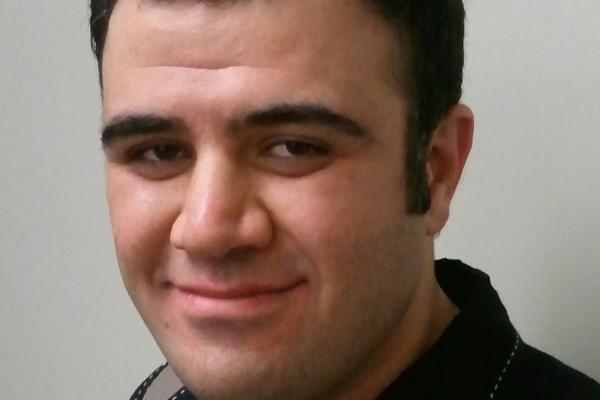
Clathrin-mediated endocytosis is the best characterized and most extensively studied mechanism by which cells internalize molecules from their environment. The interplay between mechanical forces and dynamics of the molecular assemblies performing the internalization has important roles during development of complex multicellular organisms. Due to technical limitations, however, effects of mechanical cues generated during development of organisms on formation and dissolution of internalization agents are not characterized. In the first part of my talk, I will focus on the strategies we developed for determining the variations in clathrin dynamics within tissues of a developing fly embryo. In the second part, I will highlight our work on characterizing the tension-based regulation of internalization dynamics and our long term aims for utilizing this information as non-invasive membrane tension sensors applicable to tissues.
